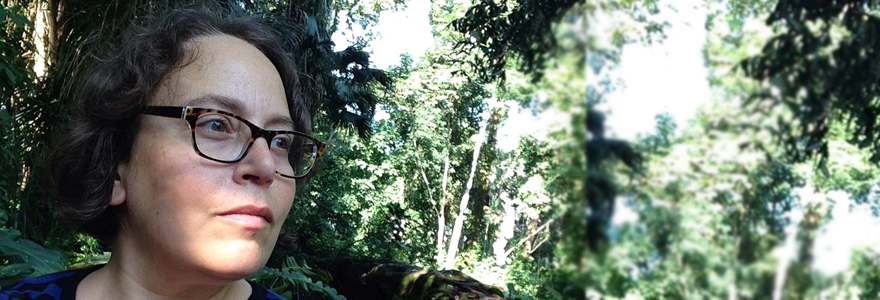News and Updates
Contact
Faculty of Social Science
Social Science Centre
Room 9438
Western University
T. 519-661-2053
F. 519-661-3868
E. social-science@uwo.ca
“It’s hitting everyone where they are.”
May 06, 2019
Story by Rob Rombouts
Pamela Block will be joining the Department of Anthropology as a Professor.
Block focuses on disability studies and the Anthropology of disability, researching the history and experiences of disability activists and scholars, with comparative work in the US and Brazil.
She is currently Professor of Disability Studies and Director, Disabilities Studies Concentration, Ph.D. Program in Health and Rehabilitation Sciences at Stony Brook University, in New York.
Disability studies has a deeply rooted history in the applied and basic social sciences, Block researches it through the lens of cultural anthropology. In a forthcoming book, Allies and Obstacles, Block and her coauthors research the tensions and collaborations between parent advocates, and disability activism led by disabled people.
Since the 1990s, during her dissertation research as a doctoral student at Duke University, Block has continued her work and collaborations, with colleagues in Brazil.
“It’s an interesting time to be doing this work in Brazil, under the Bolsonaro regime,” said Block. “He has ended the National Disability Rights Council. It will be important to watch what will happen with the rights of disabled people and marginalized peoples in Brazil.”
A forthcoming article looks at the experiences of disabled activists and disability rights scholars in times of austerity, including how disability activism and disabled lives are threatened, and how people and systems respond to those threats.
“This research is global in nature,” Block said. “It’s hitting everyone where they are.”
Through medical advancements, many people, who may have previously died as children due to complex chronic conditions, now live into adulthood but require 24-hour support in order to survive. These situations bring up questions of how they might not just survive, but thrive, and what support they should receive to ensure their human and civil rights are addressed, said Block.
“There is not sufficient policy support for people with complex medical conditions to live in the community,” said Block. “Many have to go to nursing homes, which are dangerous because of the risk of infections, pressure sores and other deadly secondary conditions.”
For Block, research into disability issues is personal. She has many family members with various disability experiences, including a sister who is autistic. Block also identifies as neuro-queer. She makes this known so she can be a mentor and support for others in academia who have disabilities.
“The largest group of students who receive accommodations are those with non-apparent disability or functional access needs,” said Block. “They deserve to have mentors who are like them.”
Through her research and advocacy, Block already has strong connections to Western, including having worked with Pamela Cushing, Director of Disability Studies in Kings College and Lilian Magalhães, Professor Emeritus of the Occupational Therapy Program, whose scholarship is featured in the conclusion of Block’s co-edited volume Occupying Disability: Critical Approaches to Community, Justice, and Decolonizing Disability.
Block looks forward to the opportunity to work within an anthropology department with a diverse research focus.
“It will be a new experience being in a four-field school,” said Block, “and the opportunity to collaborate with linguists, archaeologists, and biological anthropologists is very exciting to me.”
“It’s an amazing opportunity to be with supportive colleagues in Anthropology, as well as Disability Studies, and Occupational Therapy” Block said. “The Anthropology department has been so welcoming, and I’m very excited to be joining the department.”

